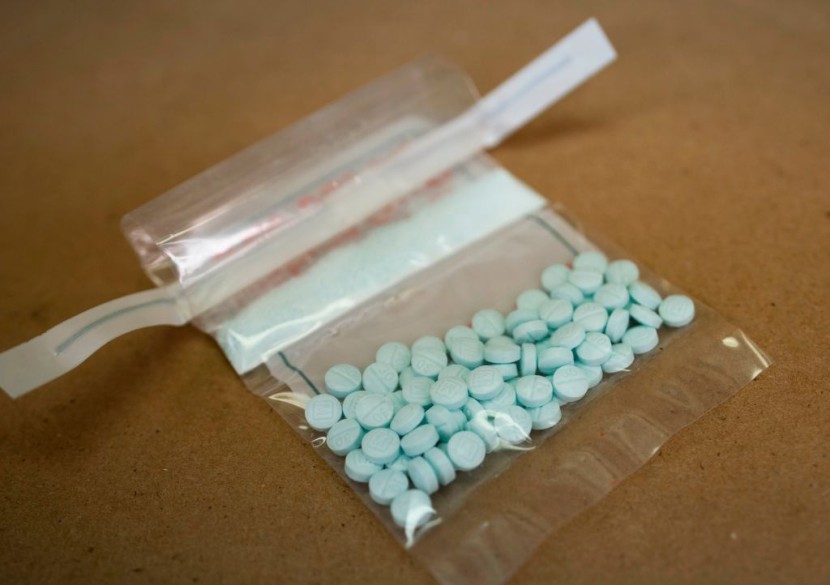Oregon's landmark drug decriminalization law, which reached its third anniversary, is under scrutiny as the state grapples with a devastating surge in opioid-related deaths and growing calls for its reversal.
Opioid-related fatalities in Oregon have soared to a staggering 955 this year, a stark contrast from the 280 deaths recorded in 2019 before the passage of Measure 110, which garnered 58% approval, as per Fox News.
Oregon's Opioid Crisis Spurs Law Reevaluation

The surge in opioid deaths has deeply affected the state's communities and has prompted many to voice concerns and call for a reevaluation of the law.
Michael Bock, a private security guard in Portland, expressed his heartbreak over the drastic change, stating that before Measure 110, he rarely had to perform life-saving interventions. Still, since its passage, it has become a nearly daily occurrence.
The crisis in Oregon has led to a push for legislative action from House Republicans, who argue that Measure 110 has failed the state. House Republican Leader Jeff Helfrich emphasized the urgent need for meaningful change to address addiction, crime, and homelessness that are plaguing Oregon.
Republican proposals include criminalizing the possession of fentanyl, heroin, and methamphetamine. They also advocate for offering individuals charged with drug-related offenses the option of treatment instead of incarceration, with the added provision of clearing the criminal records of those who complete treatment.
In a letter to state leadership, Republicans outlined a series of actions they demand, including reinvesting funds into county probation departments, state specialty courts, and creating additional recovery resources such as treatment beds.
The letter highlights the urgency of the situation, as each day, the current policy remains in place, provides more opportunities for drug dealers to exploit vulnerable Oregonians, perpetuates addiction without access to promised treatment, and exacerbates the homelessness crisis.
While most House Republicans signed the letter, E. Werner Reschke, a GOP House member, did not endorse it but called on the governor to convene a special session to repeal Measure 110.
State Senate Republicans also weighed in on the issue, urging the convening of a special legislative session to address the state's drug crisis and declaring a state of emergency, according to Washington Examine.
Drug Decriminalization Law Under Fire Amid Opioid Crisis
Oregon's pioneering drug decriminalization law, once celebrated as a revolutionary approach, is now facing backlash amid a surge in public drug use fueled by the proliferation of fentanyl and a rise in synthetic opioid overdose deaths.
Republicans are expected to propose the reinstatement of criminal penalties for drug possession during the forthcoming legislative session that begins in February, where the measure is anticipated to be a major topic of discussion.
Even prominent Democrats who initially supported the law are open to amending it in light of the alarming increase in synthetic opioid deaths. US Centers for Disease Control and Prevention data reveals that Oregon has witnessed the most substantial rise in synthetic opioid overdose fatalities among states reporting their numbers, with a 13-fold increase from 2019 to the 12 months ending June 30.
As a result of the COVID-19 pandemic-exacerbated effects of the opioid crisis, there is a severe shortage of mental health professionals, and the proliferation of fentanyl is evident in cities like Portland, where public drug use occurs openly on busy streets.
While the debate over the future of Measure 110 continues, the state grapples with the complex challenge of addressing addiction, drug-related crime, and homelessness amidst the ongoing opioid crisis. Public support for expanding treatment remains high, but finding effective solutions remains a pressing concern for Oregon as it navigates this multifaceted crisis, Yahoo News reported.








